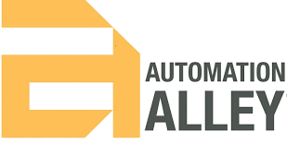
Thought Leadership February 2023
A Crash Course on Mass Customization Manufacturing
Mass customization in manufacturing is spurred by customer demand. The more options a manufacturer can offer, the more versatile their product becomes on the market. This overview explains how to integrate mass customization into a manufacturing business model.
Mass customization is quickly becoming a standard practice in the modern manufacturing industry. This article will explain what it is, how it works, and the value that investment in mass customization manufacturing can offer.
What Is Mass Customization Manufacturing?
Mass customization is a manufacturing process that involves creating unique products at a large and cost-effective scale. It delivers the personalization consumers want in their items but in a way that's efficient and that factories can sustain.
This is different from conventional approaches — mass production is about creating as many items as possible at the lowest cost per unit. Customization lies at the other end of the spectrum, where manufacturers are required to produce goods in accordance with individual customer preferences. It's something that's traditionally been hard to do without higher costs or decreased efficiency en masse.
Mass customization manufacturing bridges the gap between these two approaches by offering a system of production that allows for both quantity and customizability. By leveraging automated processes and custom configurators, this process enables manufacturers to create unique items at scale and with low cost.
Many see it as a bellwether to Industry 4.0; while the first industrial revolutions were catapulted forward by electricity, assembly line implementation, and automation, information and communication technologies will power the next wave to come.
What Mass Customization Manufacturing Is Used for
Mass customization manufacturing can be used in any context where customization and personalization matter. This covers a wide range of sectors, including apparel, footwear, consumer electronics, automotive parts and accessories, among others. Ultimately, any business that creates unique items, and has enough demand to create them in large quantities, can benefit from the improved efficiency of mass customization manufacturing.
The Types of Mass Customization Manufacturing
Mass customization manufacturing is a newer practice, possible only through the implementation of advanced strategies. From custom configurators and automated production tools to 3D printing, robotics, and more, today's manufacturers have multiple options available to them.
Read below for a breakdown of the four core types of mass customization manufacturing and how they deliver output once not possible with the traditional assembly line.
Modularity Manufacturing
Modularity manufacturing involves creating products from a set of pre-designed and interchangeable components. By allowing customers to customize items by selecting certain components of a product, manufacturers can create unique products without having to start from scratch every time.
Modularity is very common in the automotive industry, where manufacturers allow customers to adapt their car based on a range of options, such as engine type, seating configuration, exterior paint color and wheels. All of these parts can be swapped out or modified to create a unique car that still adheres to the manufacturer's standards.
Additive Manufacturing
Additive manufacturing involves the use of 3D printing technology to create objects from scratch, layer upon layer. The process is based on a digital blueprint created in computer-aided design (CAD) software or 3D object scanners, which are then used to direct hardware that deposits material, layer upon layer, in precise order and quantity.
Additive manufacturing is used across a variety of industries, including aerospace, automotive and medical device manufacturing. It's also frequently used in prototyping, as the cost of failure is much lower than with traditional methods. Through this methodology, producers can create items in highly customizable ways with very little waste.
Rapid Tooling Via 3D Printing
Rapid tooling involves using 3D printing technology to create molds, casting patterns, and other tooling components. This eliminates the need to manually fabricate molds and other tooling components, which can be labor-intensive and expensive.
Through rapid tooling, manufacturers can create molds in a fraction of the time it would take with traditional methods. This speeds up the production process and reduces operational costs. It also makes it easier to create customized products, as the molds can be easily adjusted and modified as needed.
Front-End Product Configurator Software
Front-end product configurator software is a type of custom software that allows customers to build their own products online. It enables customers to select the desired components of a product, such as color, size and shape, and create their own custom item without ever having to visit a store.
The software is typically linked to a back-end system that automatically creates the design files and sends them to the manufacturing process. This makes it possible for manufacturers to create customized products quickly and efficiently, without having to manually configure each product.
The Value Mass Customization Manufacturing Delivers
Mass customization manufacturing is a huge step forward in manufacturing and its transition to Industry 4.0. While some of its tools and technologies require additional investments, these can pay off in a number of ways. Take a look at the following five examples.
Faster Time to Market
By utilizing mass customization manufacturing, manufacturers can create custom products quickly and efficiently, allowing them to get their products to market faster. This can give them a competitive edge over their rivals, as they are able to react more quickly to the needs of their customers.
Increased Customer Satisfaction
Everyone wants a product that's tailored to their needs. Mass customization manufacturing solutions make creating those items easy, giving producers an enhanced ability to meet customer expectations and ultimately improve their satisfaction levels.
Lower Production Costs
Because mass customization manufacturing solutions require less manual labor and fewer molds, they are often cheaper to use than traditional methods. This helps producers save money on operational costs over time, allowing them to price their products more competitively and make larger profits.
Improved Design Flexibility
Mass customization manufacturing solutions enable producers to design and create custom products with ease. That ability is increasingly important in a landscape full of competitors with similar goods.
Reduced Waste
Mass customization manufacturing solutions lead to a dramatic reduction in waste. By using fewer materials, producers can lower their carbon footprint and create products with less waste. This is an important goal for many businesses, both in terms of saving money and helping to preserve the environment.
Mass customization manufacturing is revolutionizing the way products are designed, created, and delivered. As the technology continues to evolve and become more accessible, its potential to improve the manufacturing process is immense. It’s no wonder then that so many companies are beginning to explore this exciting new paradigm. With the right tools and strategies, who knows what's possible?
Sign up today for a free Essential Membership to Automation Alley to keep your finger on the pulse of digital transformation in Michigan and beyond.
|
|
||||
|
||||
|
||||
|
||||
|
||||
|
||||
Photos as shared and provided by Automation Alley,










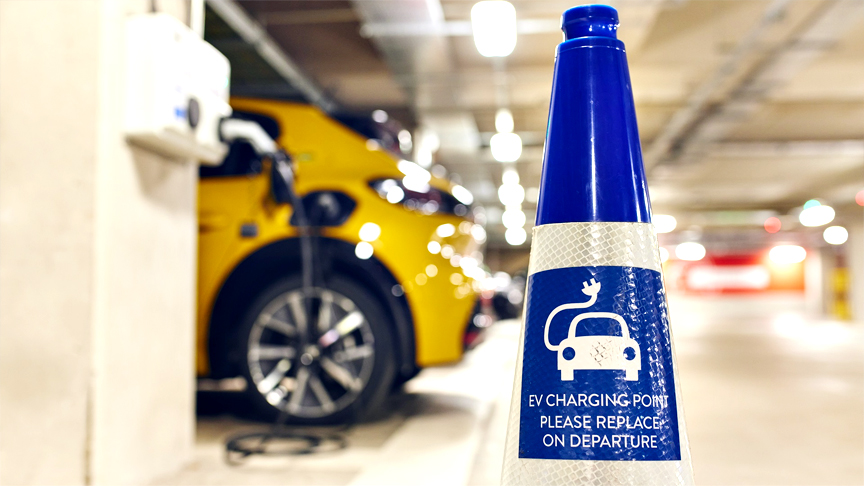
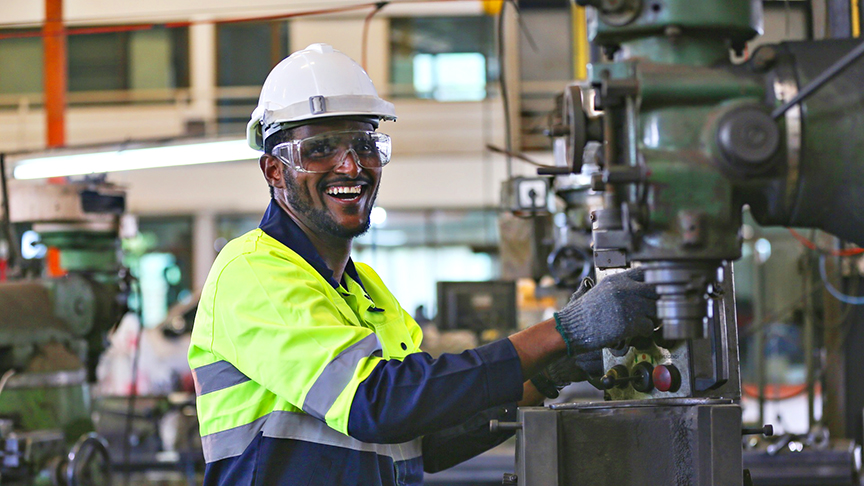
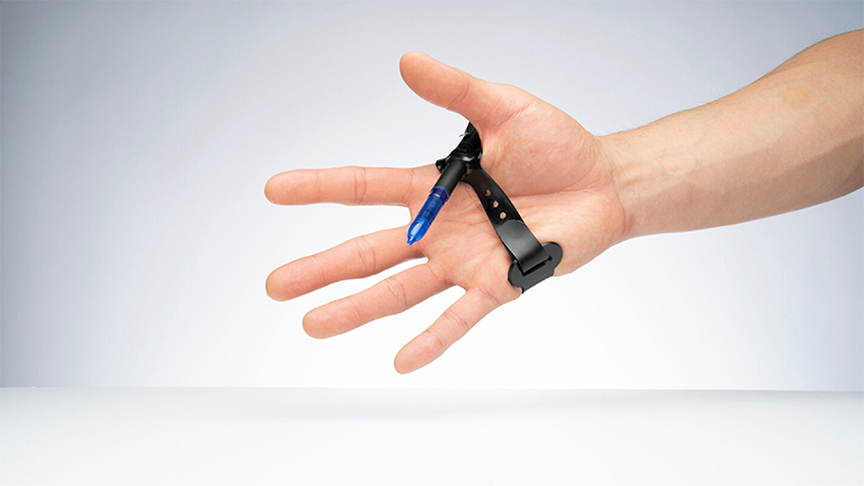
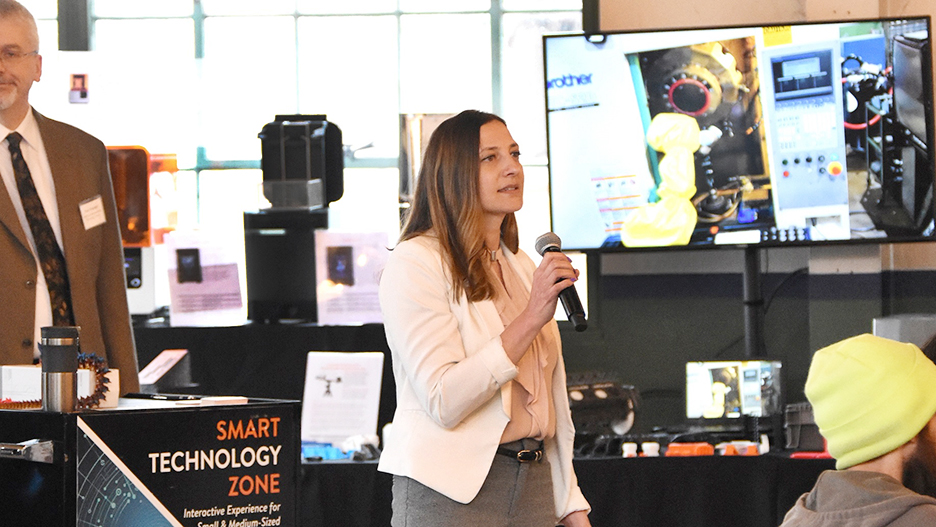

.jpg)



